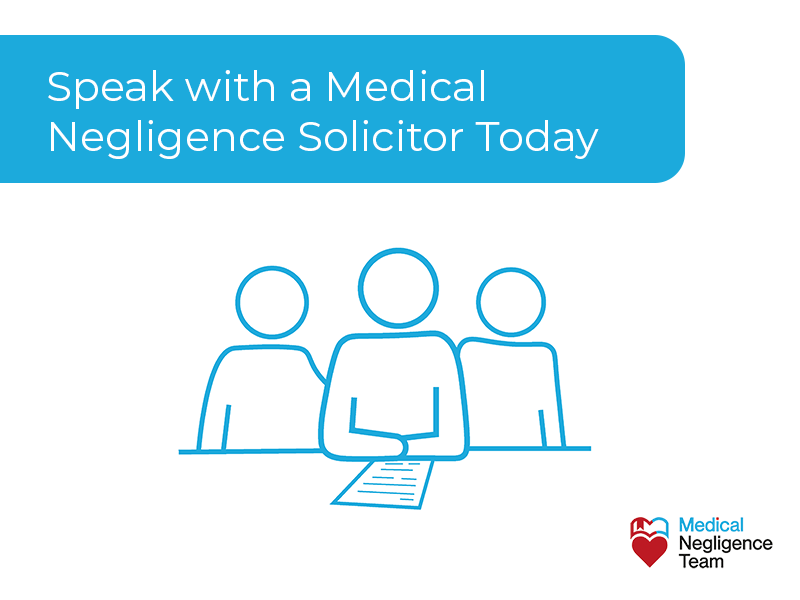Mental health negligence claims result from poor care by a medical professional. The effects can last for life if you or a loved one suffers mental health negligence. Mental health negligence is avoidable, and you do not need to suffer in silence.
Understanding mental health and quality treatment are what you expect from a medical professional. What you should not receive is negligent treatment and medical care below expected standards.
When you experience mental health negligence, you are due compensation for the suffering caused.
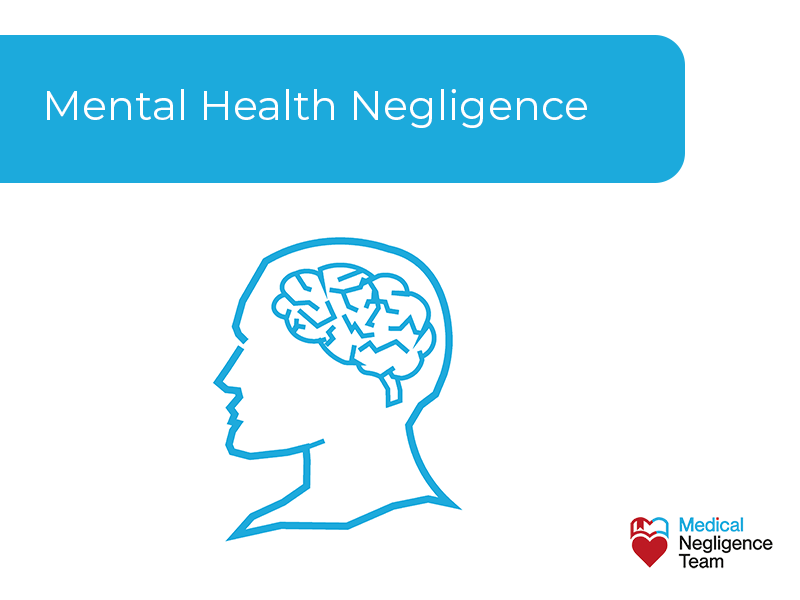
Table of content
What is mental health negligence?
Mental health negligence is when you do not receive the care that a doctor or nurse acting competently would have provided. The care you receive is so poor it is considered mental health negligence when it is below the standard which you could reasonably expect.
The effects of mental health negligence on you and your loved ones can be devastating. The upset, pain and loss of income may last for years. What is sure is that you can claim compensation for mental health negligence.
Compensation to help put your life together again and to make up for the losses suffered.
What are the types of mental health negligence?
Types of mental health negligence include incorrect medication doses, inadequate supervision and avoidable death. When your loved one suffers, so will you, but knowing more about mental health negligence can help you identify the causes.
A patient being given an incorrect dose of medication
A patient being given an incorrect dose of medication can be very ill or seem permanently doped. The doctor prescribes the medication, but the ward staff gives the wrong dose. Too little may see symptoms worsening, while too much can lead to an overdose.
Either way, the patient suffers, and compensation for mental health negligence is due.
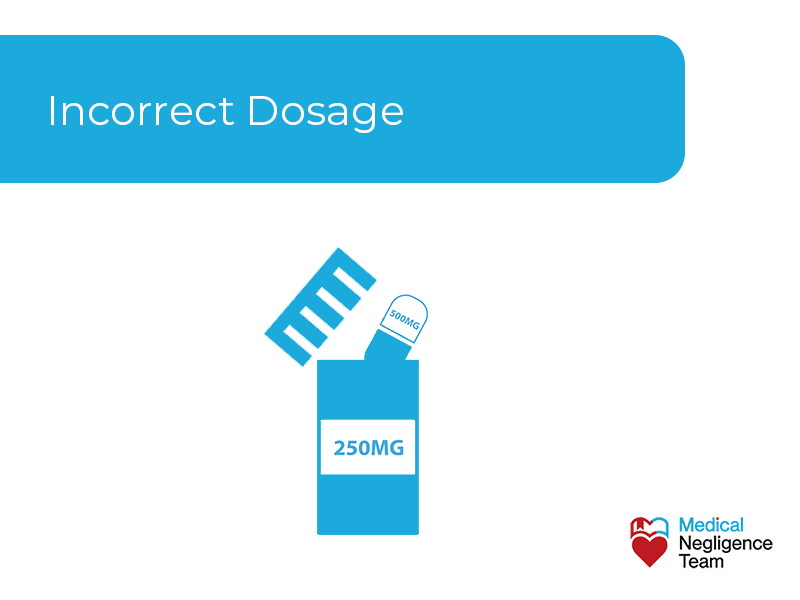
Inadequate supervision of a patient
Inadequate supervision of a patient is the failure of a mental health hospital to provide the required level of supervision when your loved one needs it the most. When you trust a loved one into the hands of a mental health hospital, you expect adequate care.
A patient not properly supervised can engage in self harming when staff do not follow protocols, it is mental health negligence.
Harm coming to a patient when in the care of a mental health hospital is unacceptable.
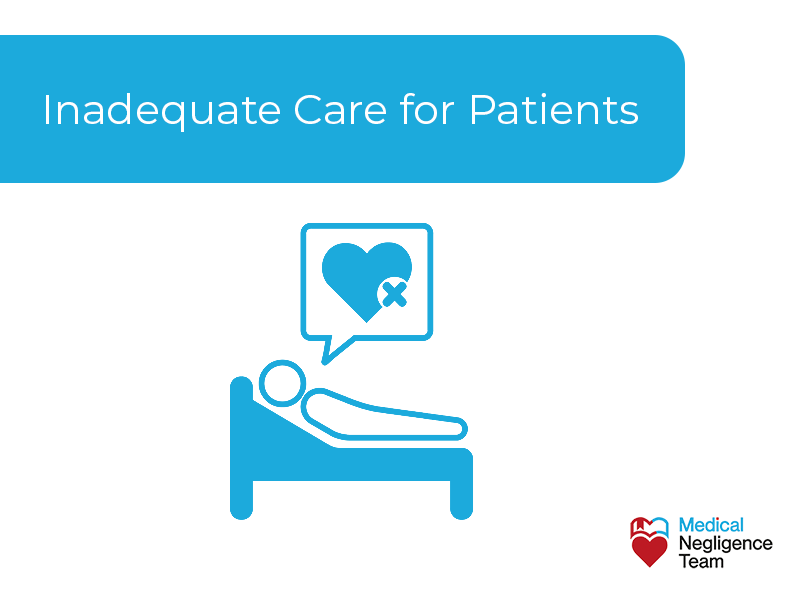
Avoidable death
Avoidable death of a mental health patient can happen in hospital or at home. In the hospital, inadequate supervision protocols for patients at risk can result in them taking their own lives. In some circumstances, the incorrect dose of a medication can cause suicidal tendencies or even organ failure.
When patients present at a hospital or GP practice with mental health problems, they should get adequate care. Dismissing a patient or not referring them for further treatment will make symptoms worse, and avoidable death is often the result.
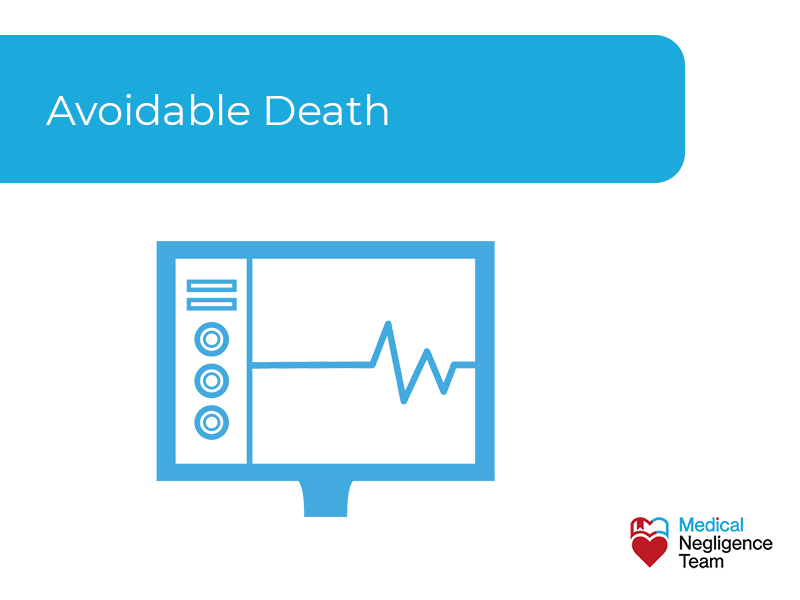
How is mental health negligence caused?
All types of mental health negligence can be claimed for in a compensation case. You can claim for types of mental negligence such as:
The result of all types of mental health negligence, such as worsening symptoms, harm and even death, are avoidable if proper care is given. You claim for that lack of appropriate care.
A loved one is in the care of a mental health professional, and you trust the doctors to care for them fully. Mental health negligence is avoidable when the professional staff do their duty.
How to claim for mental health negligence
To claim for mental health negligence, you follow the steps necessary for a successful outcome. Every procedure has its way of working in your favour, and by following the steps outlined here, you will get compensation for your suffering.
Step 1: Finding a mental health negligence solicitor
Finding a mental health negligence solicitor to investigate your claim is the first step in the process. They will have the experience to fight all aspects of a medical negligence claim. You should only ever work with a No Win No Fee medical negligence solicitor. By operating a No Win No Fee policy, they will not charge you for unsuccessful claims.
Contracting a solicitor with a 100% Compensation Guarantee scheme is essential too. You are the one who suffered the mental health negligence, and you should get all of the money from the claim.
The Medical Negligence Team operates a No Win No Fee policy and a 100% Compensation Guarantee.
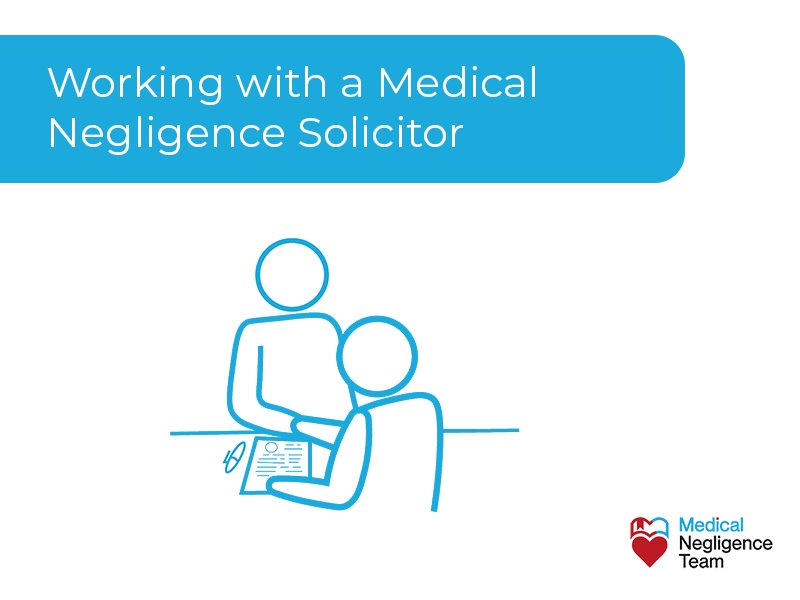
Step 2: Obtaining your medical records
Obtaining your mental health records is the only way to prove the care that you or a loved one received was so poor that it falls into the category of mental health negligence. With your permission, the solicitor will write to the negligent party to request the medical records.
The negligent party has 30 days from receipt of the request to provide all medical records in your case.
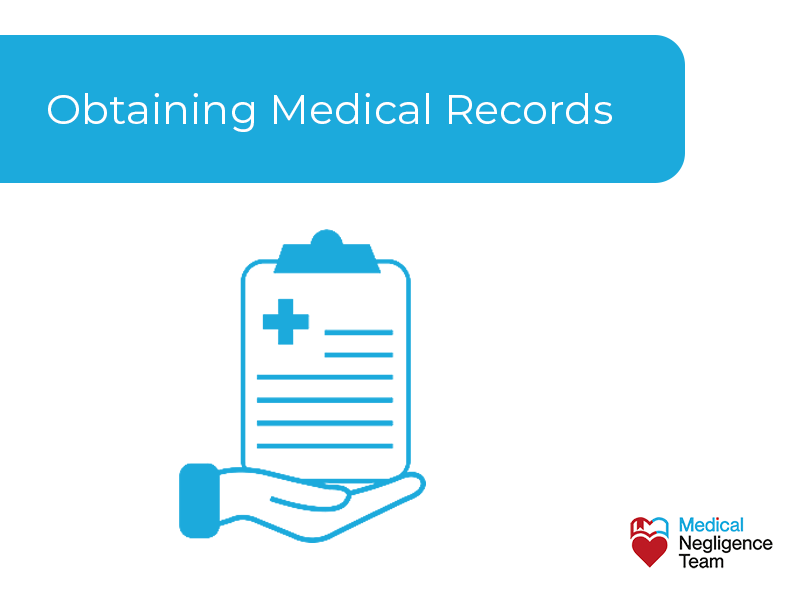
Step 3: Getting an expert opinion
Getting an expert opinion as to whether you suffered mental health negligence happens when your medical records are received. Only by comparing your notes with your mental health and experience can a solicitor know what is happening.
The compensation claim can proceed when they have a full picture of your mental health negligence.
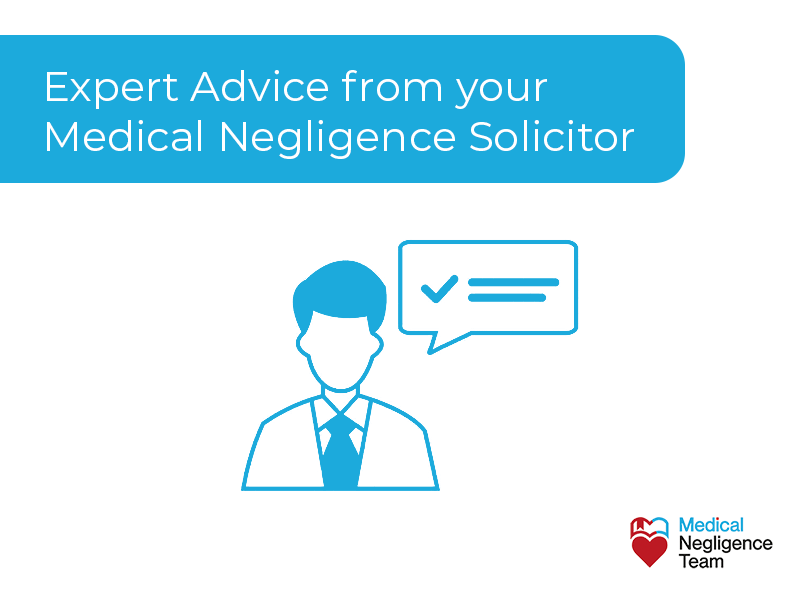
Step 4: Sending the Letter of Claim
Sending the Letter of Claim to the negligent party starts your compensation case. The letter will outline any mental health negligence and corroborating evidence.
At this step, your medical negligence solicitor has the evidence and opinion necessary to fight your case.
Once they receive the Letter of Claim, the negligent mental health professional has four months to reply.
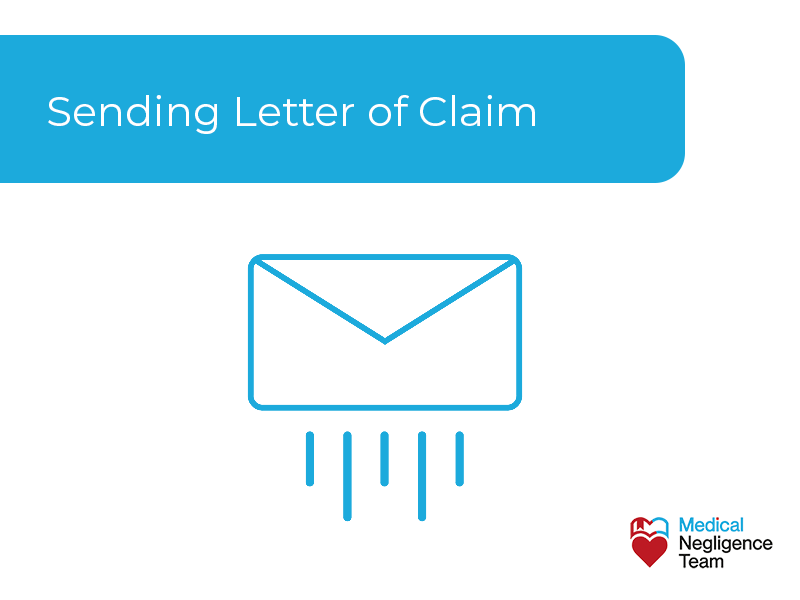
How much can you claim for mental health negligence?
You can claim for amounts of over £1000 to figures above £100,000 in a mental health negligence case. The amounts sought and awarded in mental health compensation vary according to the level of neglect and any injury that occurred.
Some claim amounts may be known in advance of a mental health compensation claim decision.
The bereavement award claim
A bereavement award claim is decided if a spouse, long-term partner or child under 18 passes away due to proven mental health negligence. The surviving partner or parent will be entitled to a bereavement award of around £15,000, plus funeral expenses.
Loss of future earnings
Loss of future earnings is calculated from the current salary details. If the spouse or long-term partner who passed away as a result of mental health negligence was in employment, you could claim for the loss of their future earnings.
A claim for loss of future earnings can be substantial when the one who passes away is the primary earner in a household.
How long do I have to make a claim for mental health negligence?
You have three years to make a claim for mental health negligence. The three-year time limit only starts from the day you are aware of the facts that constitute a medical negligence claim. It can be many years later when you realise you suffered from mental health negligence for example that you have been on incorrect medication for many years.
A medical professional may diagnose mental health negligence a long time after it happened. Often people do not realise they suffered mental health negligence or even that they are still suffering from it.
For children aged under 18, the time limit to make a claim for mental health negligence begins when they turn 18. The young adults then have until age 21 to file a mental health negligence claim.
Anyone under 18 years of age can sue for medical health negligence through their parents. It is vital to contact a medical negligence solicitor as soon as you know you suffered mental health negligence.
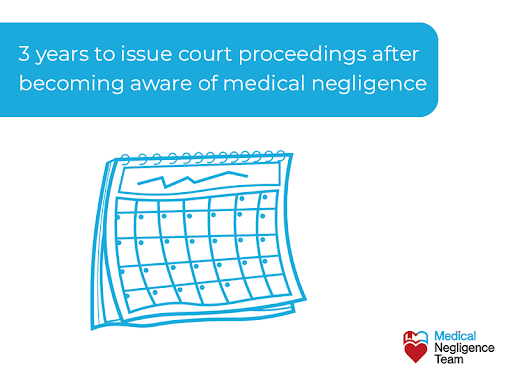
Have you suffered from mental health negligence?
The Medical Negligence Team have the experience to fight your mental health negligence case. Our health and legal experts will guide you from day one along all steps of the way. We operate a No Win No Fee policy, so you will not be out of pocket for suffering negligence. Our 100% Compensation Guarantee ensures you get all the money won in a compensation claim.
Contact the Medical Negligence Team today for all mental health negligence needs.
